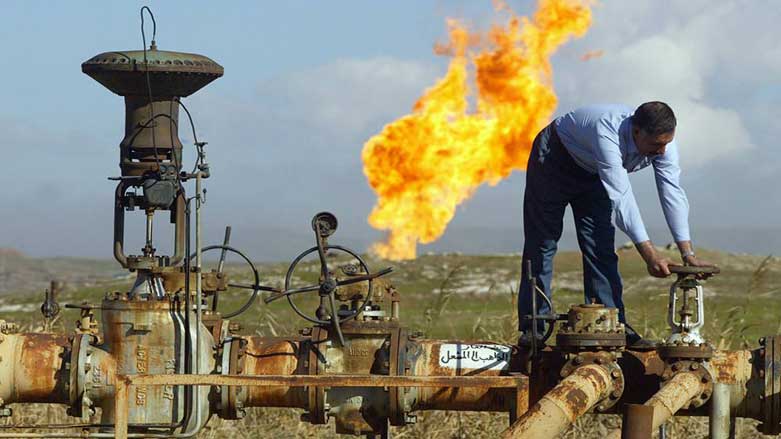US calls on Iraq to produce more oil

WASHINGTON DC (Kurdistan24) – As US sanctions on Iran’s energy sector have come into effect, the US has called on Iraq to produce more oil.
On Tuesday, State Department Spokesperson, Heather Nauert, responding to a question from Kurdistan 24, said, “Iraq is and could be an even more important player in the global oil markets.”
“That’s one thing that we will certainly keep an eye on,” she added.
On November 16, Iraq resumed the export of oil through the Kirkuk pipeline to Ceyhan, Turkey. Such exports had been suspended for over a year since Baghdad’s assault on Kirkuk last October, in a military operation orchestrated by Iran.
Najmaldin Karim, who had been Governor of Kirkuk Province until the Iraqi assault, told Kurdistan 24 that by not using the Kurdish-built pipeline, Baghdad lost $8 billion in revenues, all because it did not want to pay $270 million in transit fees, which would actually have gone to the Russian oil company, Rosneft, which has leased the pipeline.
However, as Karim noted, the amount being exported now is small: 50,000 to 100,000 barrels per day (bpd)—“only 20 percent of what Kirkuk can produce,” he said.
Early this month, before the agreement was reached and, perhaps, in anticipation of the accord, the KRG’s Ministry of Natural Resources issued a statement announcing that it had “recently completed an upgrade of its export pipeline by installing another pumping station at Shaikhan, which boosts capacity of the pipeline from 700,000 bpd to 1 million bpd.”
“This extra capacity will accommodate future production growth from KRG producing fields, and can also be used by the federal government to export the currently stranded oil in Kirkuk and surrounding areas,” the Ministry explained.
In addition to putting more oil on the market, any increase in oil exported through the pipeline would ease Turkish dependence on Iranian energy supplies. Turkey was among eight countries to receive a waiver from US sanctions, allowing Ankara to continue importing Iranian oil.
Baghdad’s announcement that it had reached an agreement with the KRG on resuming oil exports through the Kirkuk pipeline came on November 16, as Deputy Assistant Secretary of State for Iran and Iraq, Andrew Peek, visited Erbil. Before his trip, Peek explained that the resumption of such exports was a high priority for the US.
After the Iraqi announcement, Amb. John Bolton, US National Security Adviser, welcomed the agreement, but suggested more was necessary, characterizing it as “a promising first step to return to 2017 levels.”
Encouraged by agreement between @IraqiGovt & @Kurdistan Regional Government to partially resume Kirkuk oil exports. A promising first step to return to 2017 levels. Can restore lost revenue for #Iraqi people & services & make #Iraq energy independent. https://t.co/gCBBPRUn5y
— John Bolton (@AmbJohnBolton) November 16, 2018
Nauert, responding to another question from Kurdistan 24, welcomed the meetings that Masoud Barzani, former President of the Kurdistan Region and head of the Kurdistan Democratic Party (KDP) held earlier this week in Baghdad and Najaf with senior Iraqi political figures.
“We would always encourage the Kurdish government and the Iraqi government to meet together, to sit down and have conversations,” she said. “We encourage constructive dialogue.”
Although the US was openly involved in promoting the agreement between Baghdad and Erbil to resume oil exports through the Kirkuk pipeline, Nauert said that to her knowledge, the US was not involved in Barzani’s visits to Baghdad and Najaf.
Subsequently, the Kurdish leader traveled to Abu Dhabi and Kuwait for meetings with the leaders there.
Editing by Nadia Riva
